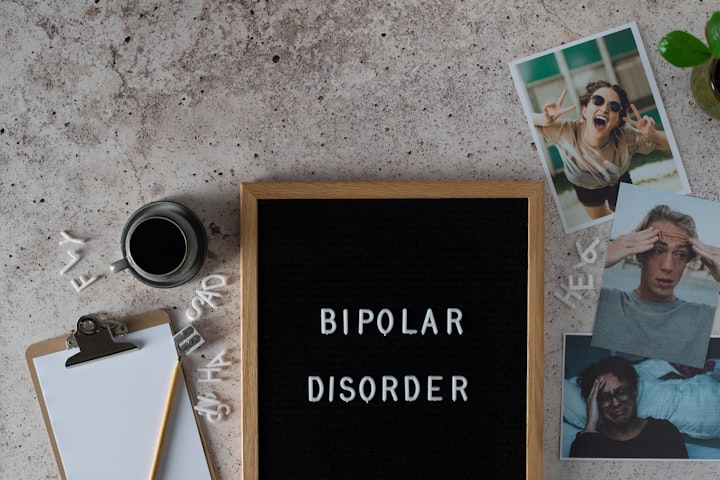The Importance of Medication Management for Mood Disorders
The Importance of Medication Management for Mood Disorders

Mood disorders, such as depression and bipolar disorder, can be debilitating and greatly impact an individual's quality of life. While therapy can be effective in treating these disorders, medication management is often a crucial component of treatment. In this article, we will explore the importance of medication management for mood disorders and discuss the role of the best therapist in Delhi in ensuring effective treatment.
Medication management involves the monitoring and adjustment of medications prescribed for mental health conditions. This process is critical for individuals with mood disorders, as medications can significantly improve symptoms and enhance overall well-being. Medications used to treat mood disorders include antidepressants, mood stabilizers, and antipsychotics. However, finding the right medication and dosage can be a complex process, and individuals may need to try several different medications before finding the one that works best for them.
This is where medication management comes in. A trained mental health professional, such as a psychiatrist or psychiatric nurse practitioner, can assess an individual's symptoms and medical history, prescribe appropriate medications, and monitor their effectiveness. Medication management may involve adjusting dosages, switching medications, or combining medications to achieve optimal results.
While medication management is a critical component of treatment for mood disorders, it is not a one-size-fits-all solution. Individuals may respond differently to medications, and the effectiveness of medications can vary over time. Therefore, regular monitoring and adjustment are necessary to ensure that the medication is still effective and that any side effects are managed.
In addition to medication management, therapy is also an important aspect of treatment for mood disorders. Therapy can help individuals develop coping skills, address underlying issues that contribute to their symptoms, and improve overall mental health. The best therapist in Delhi can work in conjunction with a psychiatrist or psychiatric nurse practitioner to provide comprehensive care that addresses both medication management and therapy.
One of the benefits of medication management is that it can greatly improve an individual's quality of life. Effective medication management can reduce symptoms of depression, such as sadness, fatigue, and loss of interest in activities. It can also stabilize moods and reduce the frequency and severity of manic or depressive episodes in individuals with bipolar disorder. In some cases, medication management can even prevent hospitalizations and improve overall functioning.
However, medication management is not without risks. Some medications can have side effects, and individuals may need to switch medications or adjust dosages if side effects become intolerable. Additionally, some individuals may be at increased risk of developing certain side effects, such as weight gain or sexual dysfunction. Therefore, regular monitoring and communication with a mental health professional are essential to ensure that the benefits of medication outweigh any potential risks.
It is also important to note that medication management should not be the only form of treatment for mood disorders. Therapy, self-care, and support from loved ones are also crucial for managing symptoms and improving overall mental health. The best therapist in Delhi can work with individuals to develop a comprehensive treatment plan that incorporates medication management, therapy, and other forms of support.
In conclusion, medication management is a crucial component of treatment for mood disorders such as depression and bipolar disorder. Regular monitoring and adjustment of medications can greatly improve an individual's quality of life, reduce symptoms, and prevent hospitalizations. However, medication management is not a one-size-fits-all solution, and regular communication with a mental health professional is essential to ensure that medications are effective and that any side effects are managed. The best therapist in Delhi can work in conjunction with a psychiatrist or psychiatric nurse practitioner to provide comprehensive care that addresses both medication management and therapy, ultimately improving an individual's overall mental health and well-being.





Comments
There are no comments for this story
Be the first to respond and start the conversation.